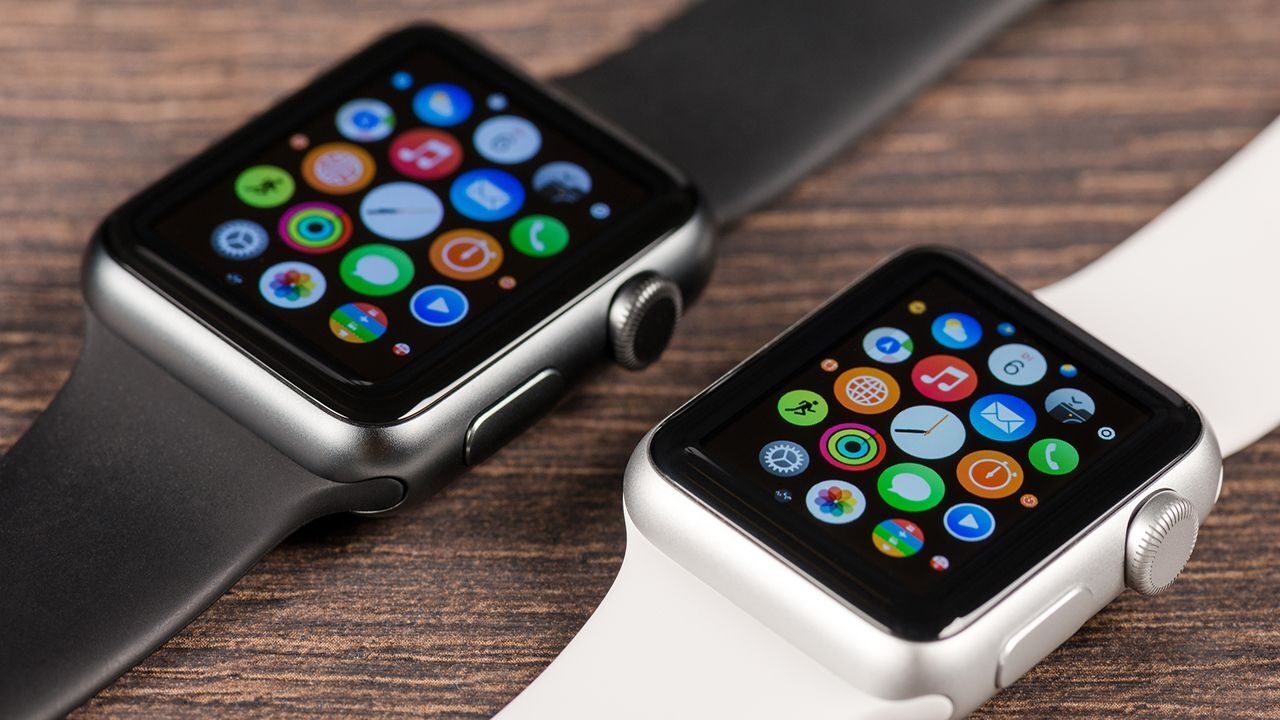New York University cardiologist Dr. Joseph Wiesel is suing Apple over a heartbeat-monitoring technology featured on the Apple Watch.
Wiesel “invented and perfected a method and device for detecting atrial fibrillation by assessing whether a pulse rate pattern is regular or irregular,” and has been issued five patents related to detecting atrial fibrillation to date, according to the lawsuit.
The doctor is accusing Apple of incorporating features of his patented technology, which he has been working on since 1999, on the Apple Watch’s heart-monitoring app with a “willful disregard” of his rights as owner of the patent and “a desire to profit irrespective of U.S. patent laws.”
The lawsuit alleges that as early as September 2017, before the fourth version of the Apple Watch was launched, Apple had “indisputable actual knowledge of” Wiesel’s patent, and Wiesel “engaged Apple through numerous letters and claim charts,” detailing the ways in which Apple’s technology infringed on his patent.
The suit further alleges that Apple has “knowledge, understanding and appreciation” of Wiesel’s patent rights but has thus far decided to ignore them. It also details the similarities between Wiesel’s patented work and the Apple Watch’s heart-rate monitor.
Apple did not immediately respond to FOX Business’s request for comment.
The Silicon Valley-based tech giant released a video in December 2018 of users sharing different, personal stories about how the Apple Watch heart monitor saved their lives.
“Dr. Wiesel’s patented technology is a critical part of the Apple Watch and is used to drive customer demand,” the lawsuit states.
Apple Chief Operating Officer Jeff Williams called such technology “an ‘essential’ optical heart sensor of the Apple Watch” during a September 2018 keynote speech, the lawsuit states.
Weisel’s lawsuit alleges that for “at least the past two years,” Apple has rejected “all serious offers to discuss a resolution of this dispute” and has not taken “sufficient steps to ensure the non-infringement” of his patent.

